OFTEC Conference highlights an industry primed for renewable liquid fuel rollout

The renewable liquid fuel industry is primed to deliver once new government gives the green light.
Survey shows rural voting intentions will be influenced by heat decarbonisation policy

Political party policies on transitioning off-gas grid homes onto low carbon heating will impact how rural households vote at the general election, results from a new survey reveal. In a poll of just under 1,000 rural homeowners published by the Future Ready Fuel campaign, 85% of respondents said the government and opposition party policies on decarbonisation will influence how they cast their vote at the ballot box. Homeowners call for choice Significantly, the survey also revealed that 94% of households felt they should be responsible for choosing the heating system they install when it needs to be replaced, compared to 2% who thought the government should have the final say. When asked about renewable liquid fuels, 88% of respondents said they would prefer to switch to the fuel compared to just 6% for a heat pump. This emphasises the importance of greater choice in the marketplace for low carbon heating, including renewable liquid fuels. In October, following significant support from a cross party group of MPs, Parliament approved the Energy Act which included provision to legislate for a Renewable Liquid Heating Fuel Obligation which would allow rural homes to use renewable liquid fuels in their existing boilers without costly and disruptive additional work, but still reducing their overall carbon footprint. This was subject to a further consultation which will now be delayed as a result of the general election. Paul Rose, CEO of OFTEC, and Ken Cronin, CEO of UKIFDA, who are backing the Future Ready Fuel campaign commented: “At the start of the general election, this survey reveals that the policies political parties set out for transitioning rural homes onto low carbon heating will be an important factor in how households vote. “We are urging all parties to publicly commit to delivering on the commitments Parliament made to the UK’s 4 million people in 1.7 million off-grid households in passing the Energy Act. “In this election, rural off-grid households now must have the certainty they need to be able to choose how best they can make their contribution to achieving net zero. We stand ready to work with the next government to make that a reality.” Support for renewable fuel switch Paul and Ken added: “There is overwhelming public support for renewable liquid fuels and the government and opposition parties have the opportunity to show they are on the side of rural homeowners. Otherwise, they will make their voice heard at the election.” Among the other findings in the survey, over 40% over respondents said their property was over 100 years old. Whilst over 90% had loft insulation and double glazing, only 43% had cavity wall insulation, 19% external wall insulation and 14% underfloor heating. According to the government’s online calculator, the cost for some properties to install a heat pump could exceed £20,000 and involve significant disruption from the installation of new radiators, piping and the reintroduction of a hot water tank. When asked how much they would be willing to spend on a new heating system, 56% of those surveyed said between £1,000 to £5,000. Only 2% said up to £15,000. Two thirds (64%) were also more concerned about the cost of installing a low carbon heating system than three years ago. Around 150 oil heated properties across the UK have switched to the renewable liquid fuel Hydrotreated Vegetable Oil (HVO) as part of an industry backed demonstration project. The sustainably sourced fuel reduces emissions by 88% and only requires a small modification to an existing boiler which is expected to cost around £500. Survey respondents strongly supported this option and 97% said the incentives on HVO in transport and aviation should also apply to home heating. Image supplied by Genesis PR shows Paul Rose, CEO of OFTEC, and Ken Cronin, CEO of UKIFDA
OFTEC announces 2024 conference on renewable liquid fuels
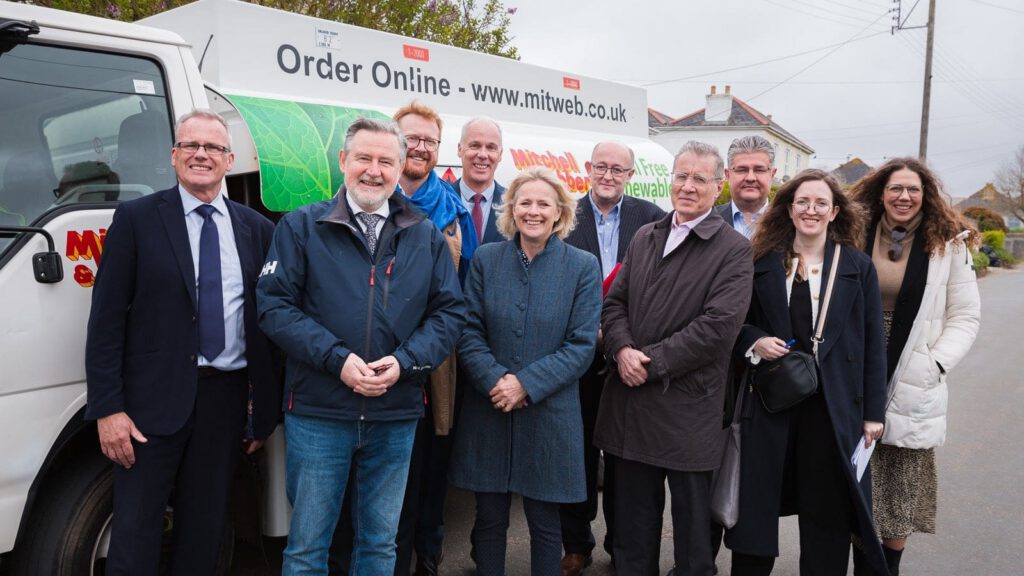
OFTEC has launched its 2024 conference – the last before the UK general election.
Call for Chancellor to ‘axe the tax’ on low carbon liquid heating

Call for Chancellor to ‘axe the tax’ on renewable liquid heating fuels in the Budget.
Another step forward for renewable liquid fuel as Government’s amendment is passed

The amendment to incentivise the use of renewable liquid fuel for heating has been passed by parliament.
Campaign for renewable liquid fuels reaches crucial stage
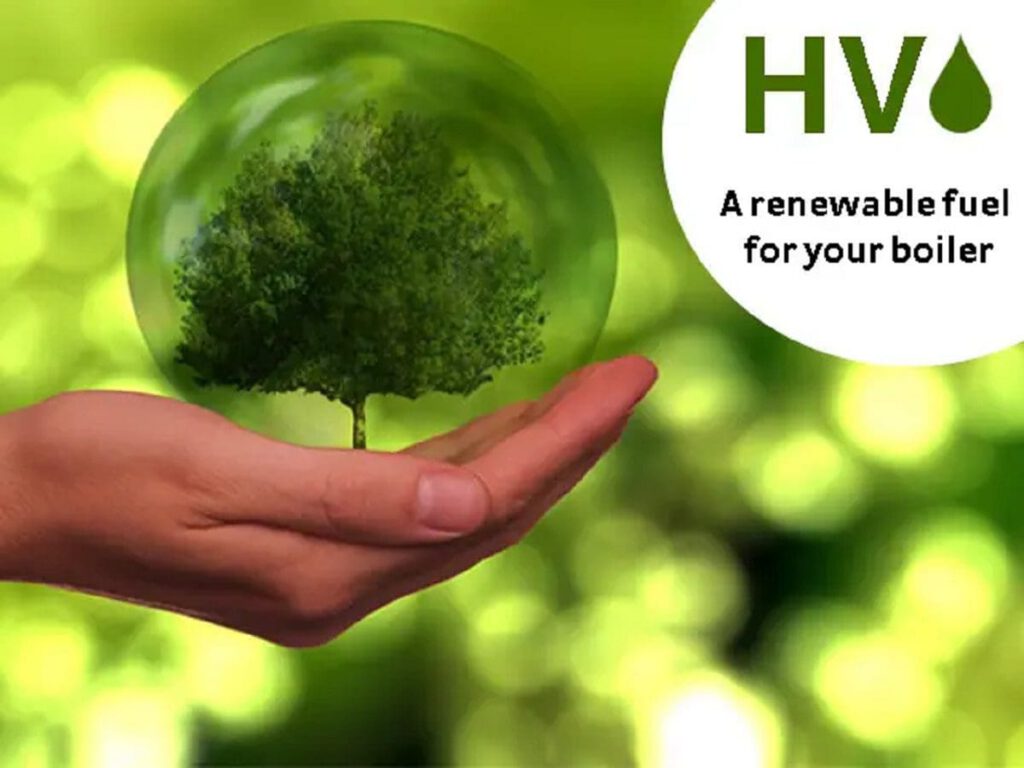
In June Cornish MP George Eustice submitted amendments to the Government’s Energy Bill with the support of OFTEC and UKIFDA.
Can a devolved region lead the way in renewable liquid fuels for heat?
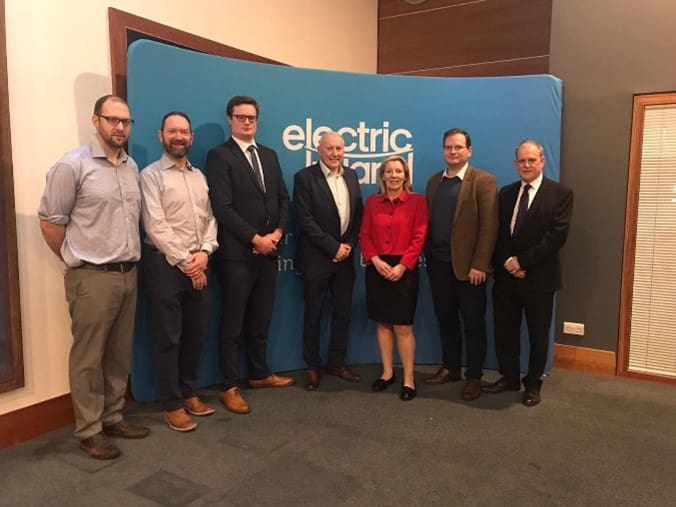
An insight into heating decarbonisation in Northern Ireland, where energy policy is a devolved matter.
Ensuring tanks are fit for the future
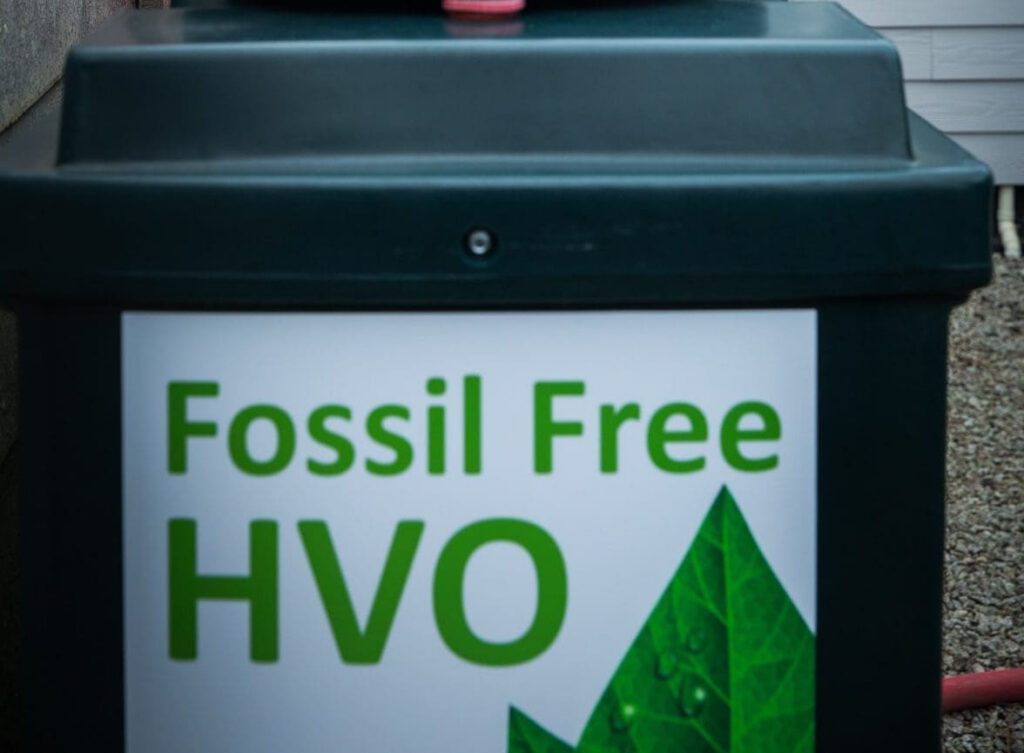
Good tank maintenance is key to a successful transition from kerosene to renewable liquid fuel
Liquid fuel industry and heat pump lobbyists in agreement over ‘unfair’ new oil boiler ban
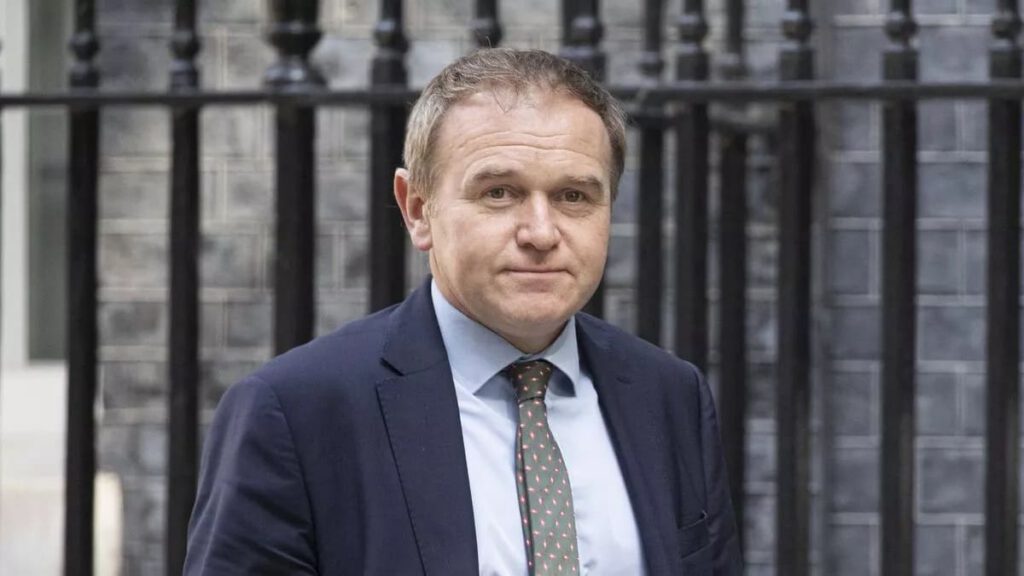
The Heat Pump Federation (HPF) has joined the growing number of voices calling for a rethink on the proposed 2026 deadline for off-grid homes. Commenting that a ban on new oil boilers in rural homes from 2026 would be “unfair and unreasonable”, HPF, the leading heat pump lobby group, has echoed the long-running campaign spearheaded by liquid fuel industry trade bodies UKIFDA and OFTEC. With increasing pressure from MPs to reassess the policy, Bean Beanland, of the Heat Pump Federation, has also called for the ban to be pushed back, saying: “To be honest, 2026 is probably looking to be, in most people’s eyes, an unfair and unreasonable timeframe in which to make the change.” Arguing that more time was needed to allow for changes to come in, including for running costs to come down and public acceptance to increase, Mr Beanland called for a delay until 2028. “Two years to react to something that’s relatively fundamental isn’t really long enough,” he said. Unresolved issues There are around 1.1 million homes in the UK that are not connected to the gas grid with the vast majority in rural areas relying on oil, coal and LPG for home energy. Tory MPs have raised concerns that the ban, which was proposed as part of the Government’s Heat & Building Strategy but has not yet been brought into law, could leave households in their constituencies unable to afford to switch, or forced to use heat pumps despite concerns over installation and running costs. Much-needed reforms to the electricity markets, which it is hoped will bring down heat pump running costs, are still a work in progress and shortages in grid capacity and installer workforce are already affecting heat pump installations in some areas. On Wednesday, more MPs joined calls to scrap or delay the ban after George Eustice, the former environment secretary, labelled it a “rural Ulez”. Sir Edward Leigh, the MP for Gainsborough, said: “It’s completely madness to have a sort of rapid phase-out of these oil boilers. It’s very expensive, putting in a heat pump.” Sir Jacob Rees-Mogg, a former business and energy secretary, said: “It’s a really silly policy. You’re talking, in rural areas, of communities that aren’t particularly well-off being expected to pay out significant amounts of money which they’re not going to have. “It’s rural areas that get hit. A lot of my constituents are not on the gas grid and we’ve developed these net zero policies without thinking through the cost. “ Urging support Following George Eustice MP’s article in the Telegraph, Paul Rose, Chief Executive of OFTEC, and Ken Cronin, Chief Executive of UKIFDA, issued a joint statement on decarbonising off-grid homes: “Many of our off grid customers live in rural communities, with older properties who face real and serious challenges about how to decarbonise their home heating. They have told us they need to be given a choice of how they can do this in an affordable way which results in minimal disruption. “This is the reason why our industry over the last 2 years has invested time, effort and money – without government subsidy – on developing a solution, using renewable liquid fuel as a replacement fuel for kerosene. We have successfully demonstrated this solution in 150 sites across the UK, including churches, schools, historic building buildings, pubs and residential homes. “The conversion from oil to these renewable fuels can be done quickly, at a reasonable upfront cost and without disruption and it results in immediate reductions in carbon emissions. Our industry, members and customers are urging the Government to support George Eustice’s amendment to the Energy Bill, which will bring the cost of these fuels down for consumers, as they already have in transport, while costing the taxpayer nothing.” Delay ‘inevitable’ The HPF is not the only voice from the renewables sector accepting that a delay to the ban is unavoidable. “The Government consulted on a 2026 fossil heating phase-out timeline for off-grid homes back in 2021, but never issued a response to the consultation,” said Juliet Phillips, from think tank E3G. “Over the two-year period since then, the Conservatives have done nothing to provide rural homes and businesses the clarity or support necessary to meet this timeline. “Therefore, delay to this regulation has long been inevitable.” Existing oil boilers can be converted to run on biofuels, such as hydrotreated vegetable oil, which backers say cut emissions by up to 90 per cent. Mr Eustice is supporting an amendment to the Energy Bill, which would mean biofuels are subsidised to encourage homeowners to make the switch. However, concerns around the cost and environmental impact of biofuels, which are already in high demand for transport, have been highlighted in the Biomass Strategy 2023 published by government today.
Rural housing market could be impacted by government energy policy uncertainty

The lack of certainty over domestic heat transition policy is creating confusion for potential buyers
Fighting for the future of liquid fuel heating

At OFTEC we want decarbonisation to succeed in a way that is fair and affordable, and that means a future where renewable liquid fuels play a vital role.
HVO and the Future Ready Fuel campaign

The future of liquid fuel heating hangs in the balance. Don’t think a ban will never happen.
OFTEC launches 2023 conference as policy support for renewable liquid fuels grows

Crucial next steps to affordable low carbon heating to be highlighted at industry conference
Rural homes say government’s green heating plans are treating them unfairly

Recent poll shows 9 in 10 rural homes believe plans to end fossil fuel heating installations will unfairly impact them.
